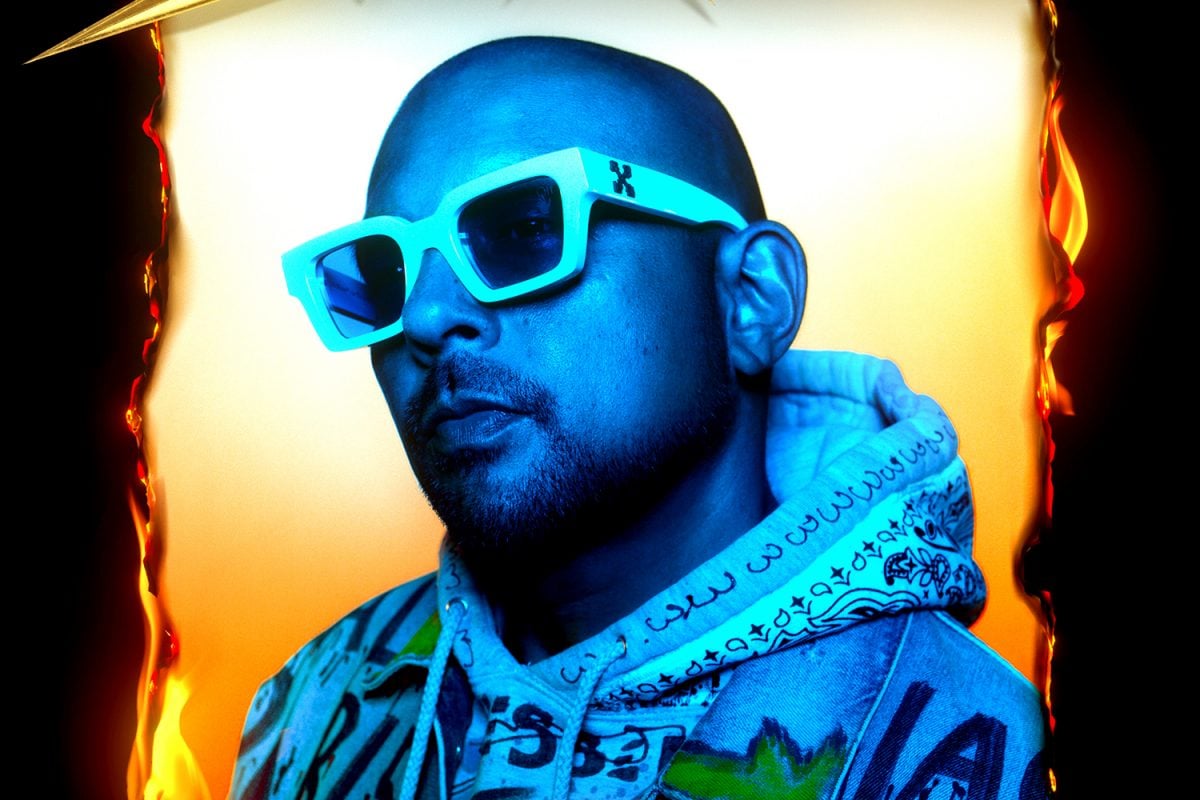Sean Paul: ‘Scorcha’ Album Review

On Scorcha, Sean Paul delivers 16 tracks primed for the sweat and sway of weekends free from curfews. Across the length of the album, Paul maps a scenic journey through the highways of pleasure with a few brief detours back into reality. It’s a formula he’s refined diligently over his decades-long career.
From the outset, Sean Paul shares his vision of a hedonist’s wonderland: a nonstop party where your immediate (and only) concern is where you’ll find your next puff, sip or dancing partner. The opener Wine Up, brims with Paul’s typical charisma as he blurs the lines between dancing and sex beyond distinction. If there were any doubts about whether the singer still has his edge, these early melodies should tame them. This boils over into the boastful Scorcha , a stirring go at the Style A Style Riddim by Chimney Records that forms the crest of this first burst of energy. The momentum slumps at Only Fanz , a limp crossover attempt bogged down from the start by the refrain, “she don’t work/but I know she work for dat, yeah.”
The sound of Scorcha is largely shaped by these mainstream ambitions. Controversially, in the two decades since Dutty Rock dropped, major labels have concluded that homegrown Dancehall—glowing with that gritty Downtown sheen—is too tough of a sell in the global marketplace. The consensus is that it needs to integrate more (with pop, trap, or just about anything fashionable.) Few regret this prescription more than Sean Paul: in a recent interview with the Daily Beast, he reflected, “The music blew up and I had ten successful years of being played on the radio in America. After that, it became harder and harder. I thought ‘Oh, I’ve got to blend my music with this dance music now just to get heard?’”
Despite this, Sean Paul is adapting well. He’s found a winning template with his pop duets. The Banx & Ranx-produced singles like Dynamite and How We Do It , and Calling On Me, are perfect earworms for the masses who readily accept the sticky vibrations that come their way. And though Sean Paul is more than capable of carrying a track by himself, this collaborative spirit serves him nicely throughout the rest of Scorcha. The slower-paced Light My Fire with Gwen Stefani and Shenseea comes as a charming calm in the torrent of uptempo bangers and the contrasting styles of the three singers blend together seamlessly. Elsewhere, Bouncing furthers the case for Jada Kingdom as a top talent on chemistry-hinged ballads.
Damian Marley, ever-poised, offers sharp meditations on No Fear, a heavy closer to an album otherwise marked by carnal concerns. “Some man live inna mansion / Dem ah get pension / While some living in hell,” Sean Paul reflects right before Nicky Jam’s laments fill the chorus. He flirts with introspection at other points on Scorcha, like in the melodrama of Borrowed Time, a song that finds the singer trudging through the haze of regret that follows infidelity. This small crack in Sean Paul’s self-indulgent veneer is quickly patched up a track later on Pon Di Real though, and it’s back to pleasure as usual.
“I wanted to be a conscious artist who made people think. My focus changed once I did a party song—or a ‘girls’ song,’ as we call it—and it blew up,” Sean Paul revealed in the same Daily Beast interview. Having committed to this party-starter persona nearly thirty years ago, Paul hasn’t shifted course much since. It’s been a fruitful journey by any measure: he renewed international attention to Jamaica’s music and culture, cemented himself as a Dancehall icon, and is now paying it all forward by championing emerging talent. A major factor in this longevity has been his ability to keep up with what audiences want to hear. How much does this leave unsaid, though?
